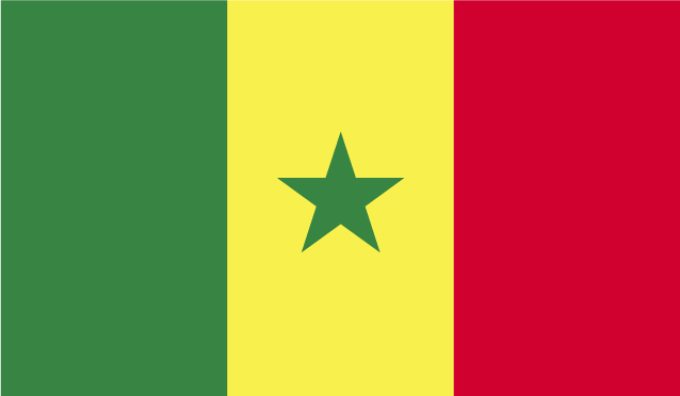SENEGAL: Lawyers Juan Branco and Babacar Ndiaye involved in Ousmane Sonko’s defence team under investigation.
21 August 2023
Between Friday 4 August and Saturday 5 August, several of Ousmane Sonko’s lawyers were arrested. These arrests are linked to the public appearance of French lawyer Juan Branco at a press conference in Dakar on 30 July, after he had entered Senegal illegally.
Juan Branco had been the subject of an international arrest warrant since 14 July for crimes and misdemeanours linked to the events that took place in Senegal in June.
Juan Branco was arrested while attempting to leave Senegal and charged with attack, conspiracy, spreading false news and acts and manoeuvres likely to compromise public security or cause serious political disturbances, and was sent to prison in Dakar on Sunday.
He was placed under judicial supervision on Monday 7 August before being deported from Senegal to France.
Following Mr Juan Branco’s public appearance, Senegalese lawyer Babacar Ndiaye was also arrested on 4 August on the instructions of the Public Prosecutor on a charge of receiving stolen property.
Mr Babacar Ndiaye was arrested at the Colobane police station, where he was carrying out his duties, before being handcuffed and transferred to the premises of the urban police and placed in police custody. It seems that his arrest was linked to his participation in the defence of Ousmane Sonko. However, he was released at the end of his custody.
In a press release issued on 6 August, the Senegal Bar Council strongly condemned the seriously irregular nature of this arrest, stating in particular that “In light of these serious abuses, and bearing in mind that lawyers are not above the law, the Senegal Bar Association calls on the public authorities to scrupulously respect the rights and freedoms granted by law and to put an end to all obstacles to the practice of the legal profession in Senegal“.
The Observatory is concerned by the criminal charges brought against lawyers in the exercise of their functions, which are likely to jeopardise the free and independent exercise of the profession.
The Observatory denounces the expulsion of Mr Juan Branco, preventing him de facto from fulfilling his mission of defending his client.
The Observatory fully supports the statement issued by the Senegalese Bar Council.
The Observatory calls on the Senegalese authorities to respect all procedural guarantees, and to guarantee the free and independent exercise of lawyers.
The Observatory recalls that, in accordance with the provisions of the United Nations Principles on the Role of Lawyers, in particular principles 16, 18, 19, 20 and 23:
Principle 16: “Governments shall ensure that lawyers (a) are able to perform all of their professional functions without intimidation, hindrance, harassment or improper interference; (b) are able to travel and to consult with their clients freely both within their own country and abroad; and (c) shall not suffer, or be threatened with, prosecution or administrative, economic or other sanctions for any action taken in accordance with recognized professional duties, standards and ethics.”
Principle 18: “Lawyers shall not be identified with their clients or their clients’ causes as a result of discharging their functions.”
Principle 19: “No court or administrative authority before whom the right to counsel is recognized shall refuse to recognize the right of a lawyer to appear before it for his or her client unless that lawyer has been disqualified in accordance with national law and practice and in conformity with these principles.”
Principle 20: “Lawyers shall enjoy civil and penal immunity for relevant statements made in good faith in written or oral pleadings or in their professional appearances before a court, tribunal or other legal or administrative authority.”
Principle 23: “Lawyers like other citizens are entitled to freedom of expression, belief, association and assembly. In particular, they shall have the right to take part in public discussion of matters concerning the law, the administration of justice and the promotion and protection of human rights and to join or form local, national or international organizations and attend their meetings, without suffering professional restrictions by reason of their lawful action or their membership in a lawful organization. In exercising these rights, lawyers shall always conduct themselves in accordance with the law and the recognized standards and ethics of the legal profession.”

